Britain’s nuclear energy future in jeopardy
Hitachi set to suspend work on £16bn reactor, leaving Hinkley Point as the only new UK plant still being built
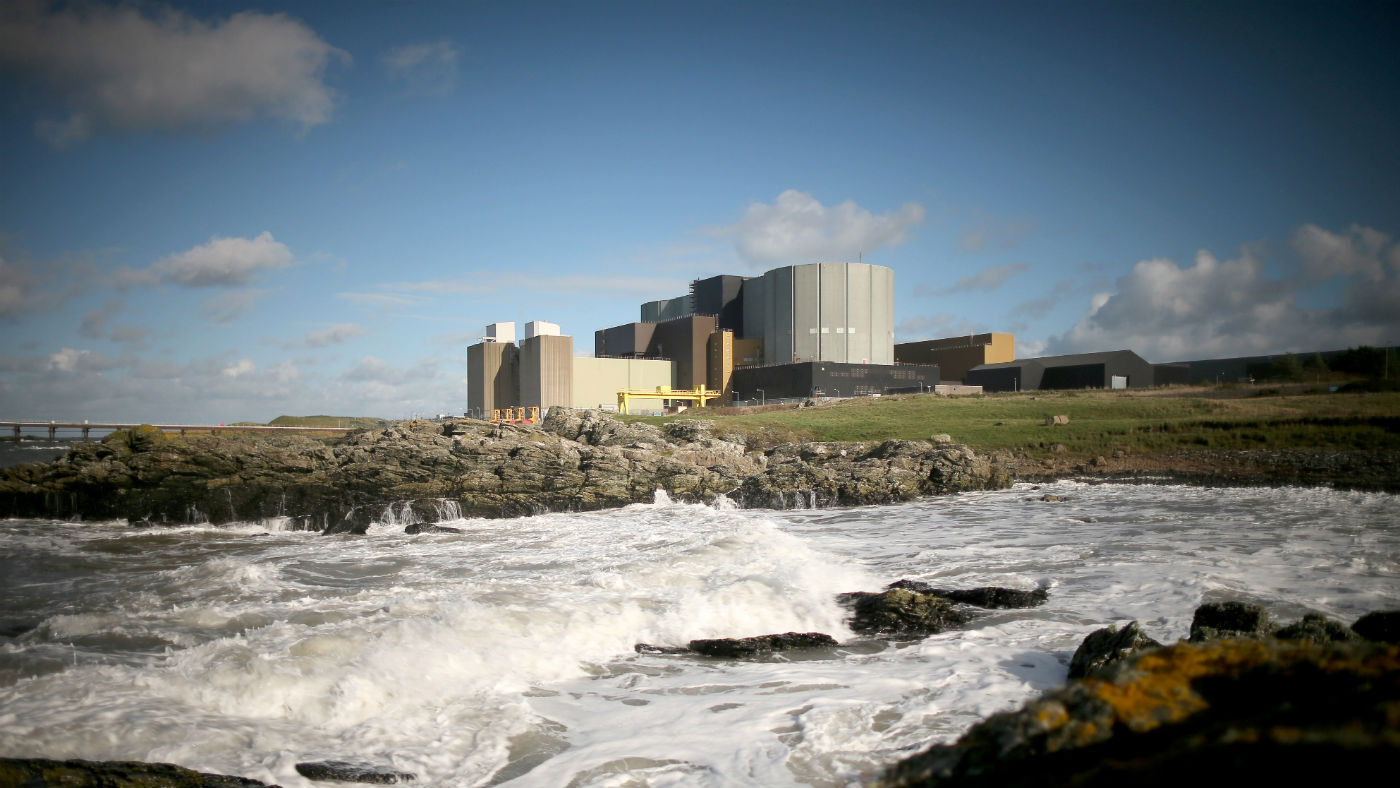
A free daily email with the biggest news stories of the day – and the best features from TheWeek.com
You are now subscribed
Your newsletter sign-up was successful
Japanese firm Hitachi is set to cancel a £16 billion nuclear power station in Wales, leaving the long-term future of Britain’s energy sector in jeopardy.
While no formal decision has yet been made, the Nikkei newspaper has reported that an impasse in months-long talks between the company, London and Toyko on financing is expected to result in the flagship Wylfa project being axed at a Hitachi board this week.
The company has already ploughed nearly £2 billion into the project, yet has struggled to attract investors, “even though (the) UK government may have promised as much as two thirds of the build cost” says Unearthed, a “generous largesse on behalf of UK taxpayers, not offered to any other energy projects”.
The Week
Escape your echo chamber. Get the facts behind the news, plus analysis from multiple perspectives.

Sign up for The Week's Free Newsletters
From our morning news briefing to a weekly Good News Newsletter, get the best of The Week delivered directly to your inbox.
From our morning news briefing to a weekly Good News Newsletter, get the best of The Week delivered directly to your inbox.
“Withdrawal by Hitachi would be a major blow to the UK’s plans to replace dirty coal and ageing reactors with new nuclear power plants, and heap pressure on ministers to consider other large-scale alternatives such as offshore windfarms,” says The Guardian, adding it would “leave Britain’s ambitions for a nuclear renaissance in tatters”.
Not only would the move cost 400 local jobs, it would leave the Hinkley Point power station in Somerset as the only new UK reactor still being built, after Toshiba announced in November it was halting plans to build a nuclear power station at Moorside in Cumbria.
Hitachi’s withdrawal would also mark the collapse of the energy policy adopted in 2013 by the Coalition government.
“Since then much has changed, and the assumptions which underpinned the old policy now look laughably wrong”, says the Financial Times.
A free daily email with the biggest news stories of the day – and the best features from TheWeek.com
“The costs of all forms of energy (apart from nuclear) have fallen dramatically and there is no shortage of supply. Electricity demand is down thanks to efficiency gains and new technology. The contract for the first new nuclear station being built at Hinkley Point in Somerset, which enjoys a guaranteed index-linked price for 35 years from the moment the plant is commissioned, looks exorbitant” says the paper.
The BBC says “the latest developments are likely to force the government to sweeten future nuclear plant deals for potential investors”.
Energy Secretary Greg Clark has already suggested that regulated asset base (RAB) funding could be used for nuclear projects in future.
The scheme allows investors to receive returns before the projects have been completed, while also allowing the Treasury “to keep the costs off its books by recouping the investment from consumers' bills rather than through direct taxation”, reports the broadcaster.
While the government has insisted new nuclear projects should be financed by the private sector, some experts are sceptical.
Prof Paul Dorfman, of the Energy Institute at University College London, told the BBC that nuclear power plants could not be built without “vast” public subsidies and that RAB funding was merely “a fiscally dextrous form of subsidy”.
“It really looks as if the government are flailing. It's a last desperate leap in the dark,” he said.
-
 6 of the world’s most accessible destinations
6 of the world’s most accessible destinationsThe Week Recommends Experience all of Berlin, Singapore and Sydney
-
 How the FCC’s ‘equal time’ rule works
How the FCC’s ‘equal time’ rule worksIn the Spotlight The law is at the heart of the Colbert-CBS conflict
-
 What is the endgame in the DHS shutdown?
What is the endgame in the DHS shutdown?Today’s Big Question Democrats want to rein in ICE’s immigration crackdown
-
 Trump peace deal: an offer Zelenskyy can’t refuse?
Trump peace deal: an offer Zelenskyy can’t refuse?Today’s Big Question ‘Unpalatable’ US plan may strengthen embattled Ukrainian president at home
-
 Ukraine-Russia: are both sides readying for nuclear war?
Ukraine-Russia: are both sides readying for nuclear war?Today's Big Question Putin changes doctrine to lower threshold for atomic weapons after Ukraine strikes with Western missiles
-
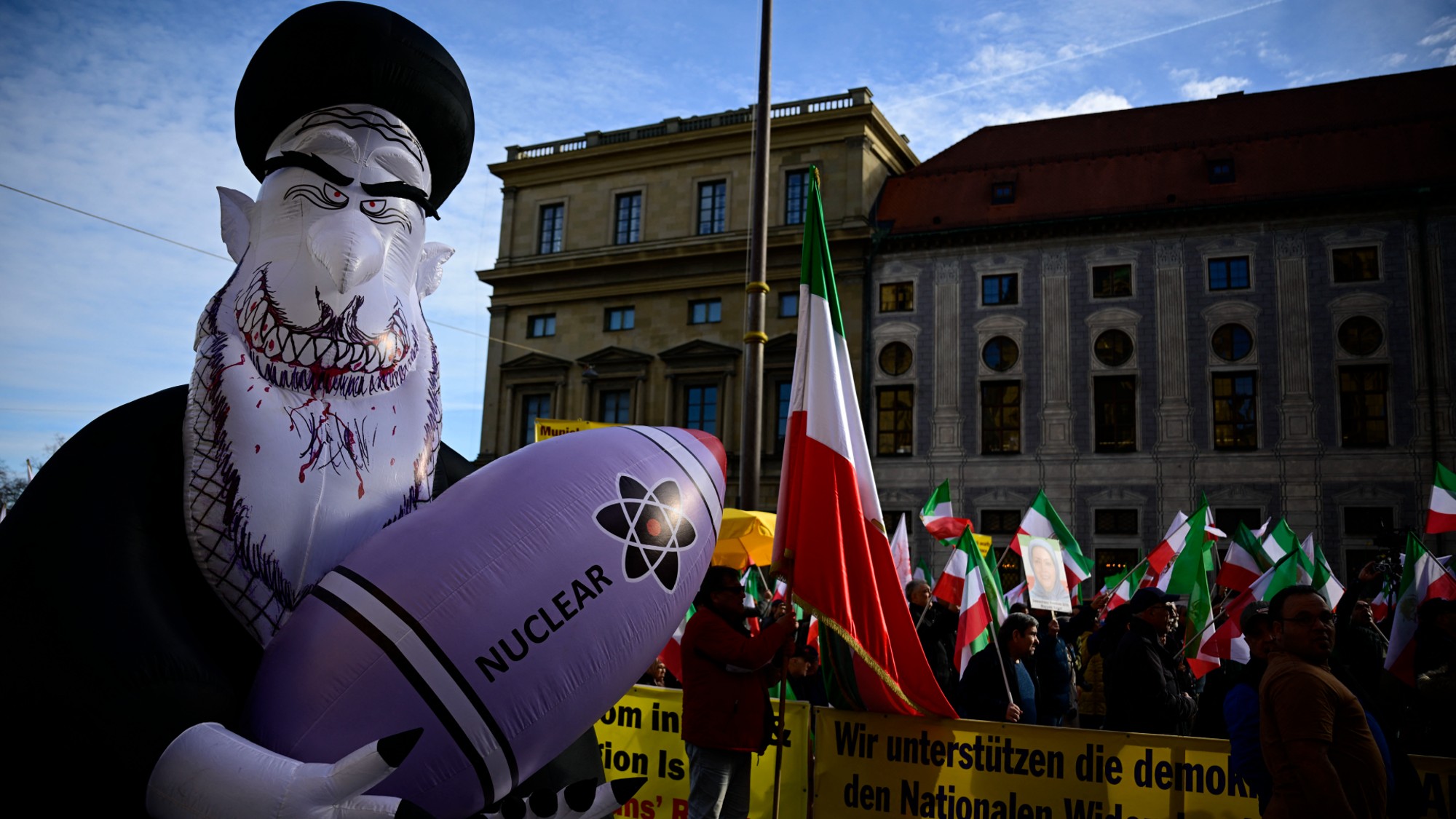 Iran at the nuclear crossroads
Iran at the nuclear crossroadsThe Explainer Officials 'openly threatening' to build nuclear bomb, as watchdog finds large increase in enriched uranium stockpile
-
 How would we know if World War Three had started?
How would we know if World War Three had started?In depth Most of us probably won’t realise that we are in a global conflict – at first
-
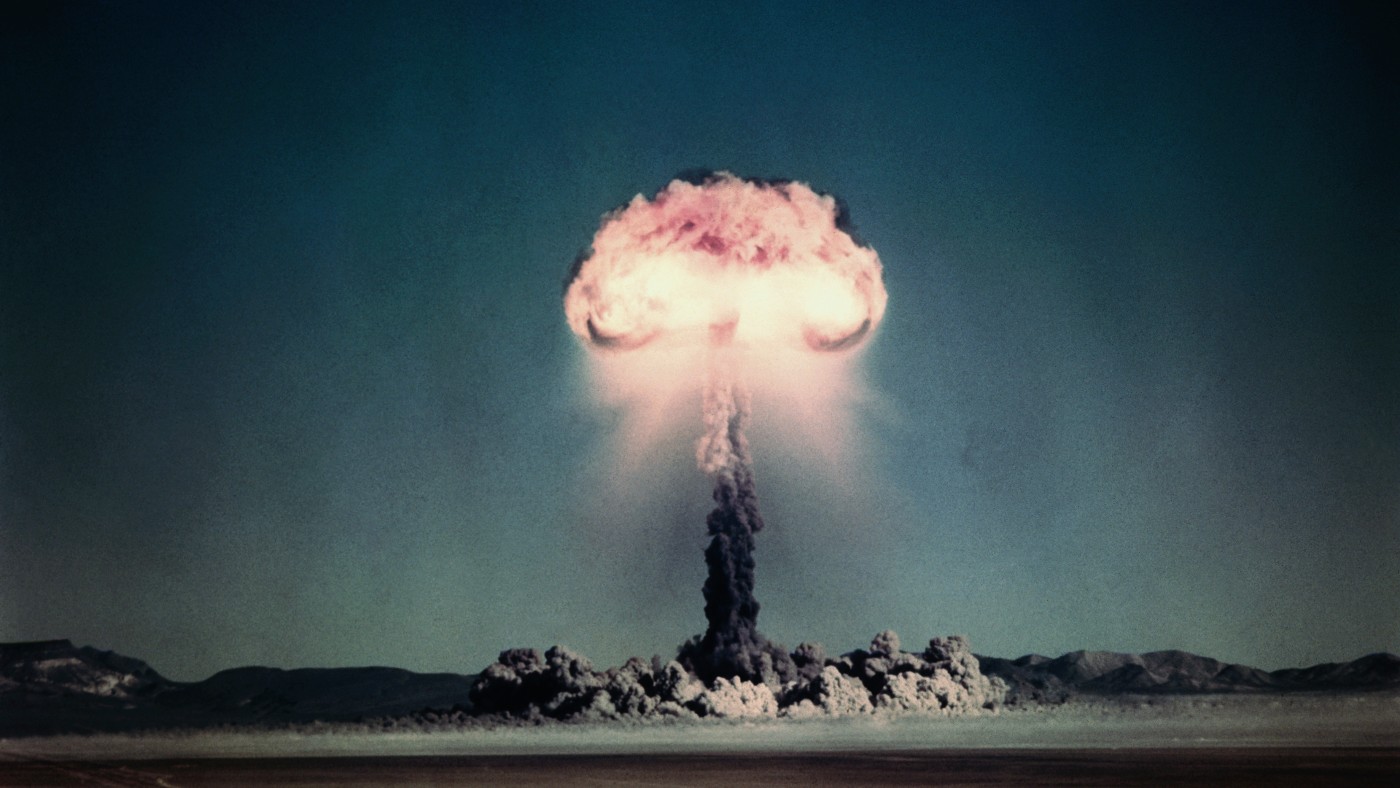 How likely is an accidental nuclear incident?
How likely is an accidental nuclear incident?The Explainer Artificial intelligence, secret enemy tests or false alarms could trigger inadvertent launch or detonation
-
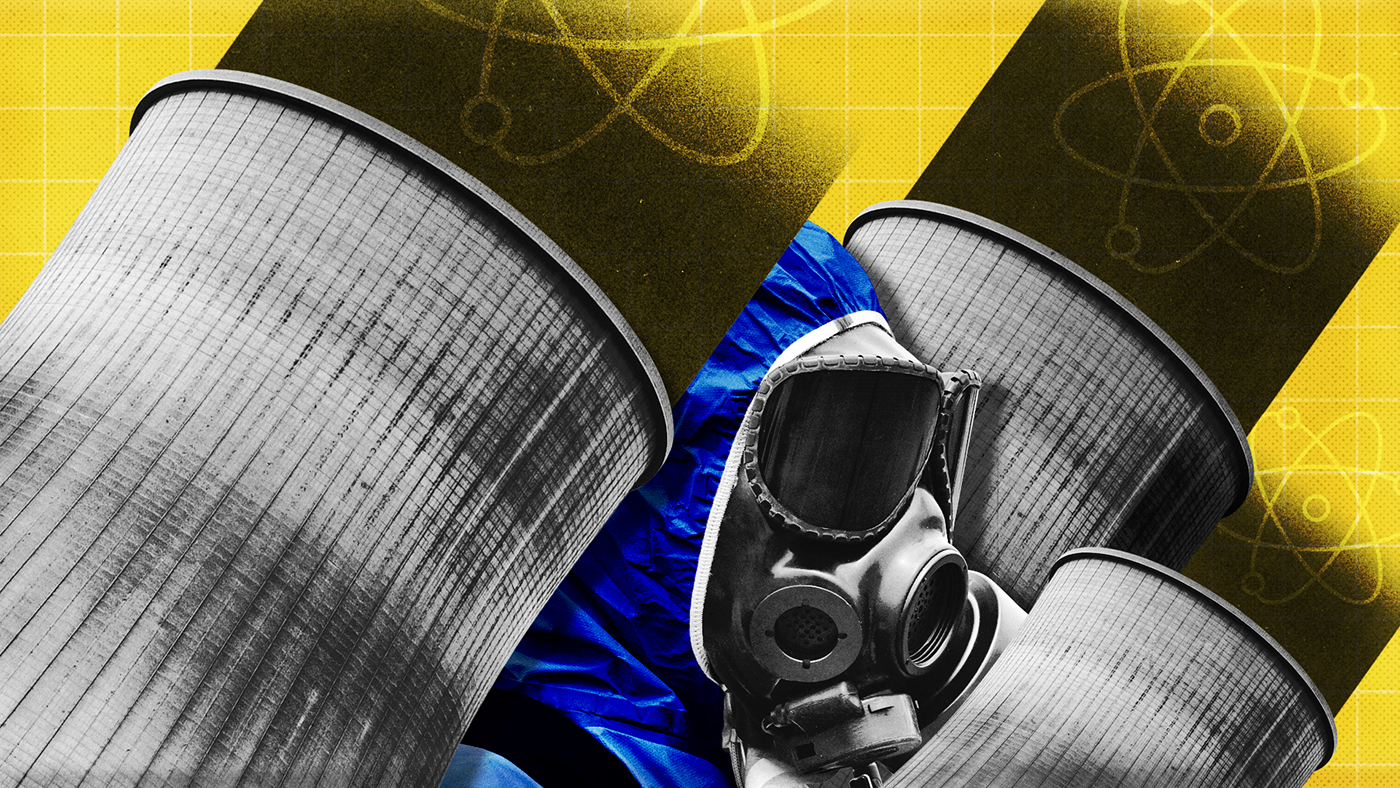 Is Russia planning to blow up the Zaporizhzhia nuclear power plant?
Is Russia planning to blow up the Zaporizhzhia nuclear power plant?Today's Big Question Ukraine warns of tactical sabotage that could cause radioactive disaster and force Kyiv into peace talks
-
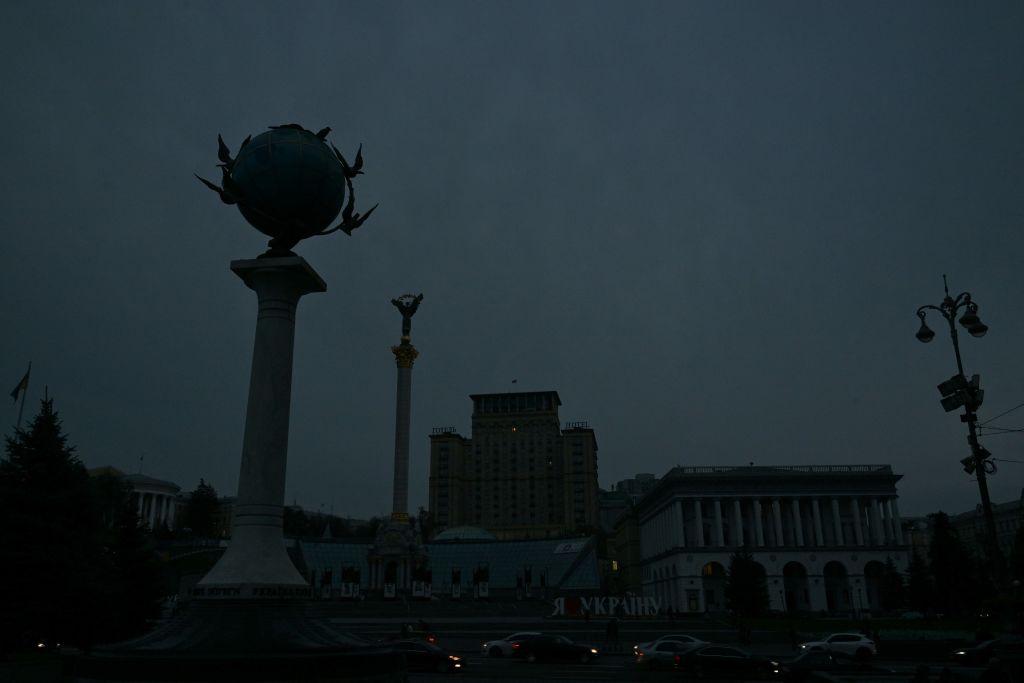 Ukraine and Moldova experience power outages from Russian attacks
Ukraine and Moldova experience power outages from Russian attacksSpeed Read
-
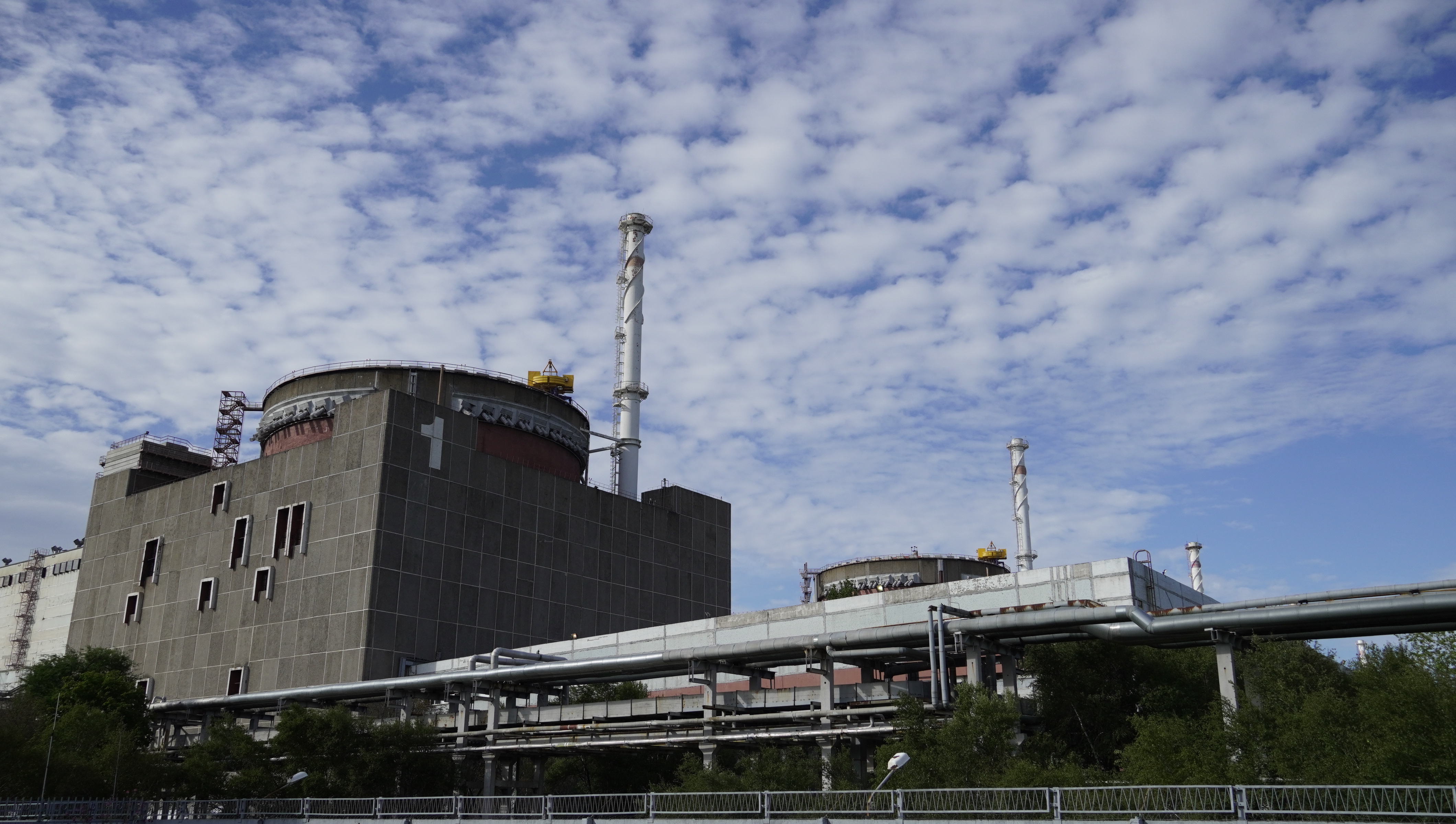 Europe's largest power plant at risk of nuclear accident, Russian officials say
Europe's largest power plant at risk of nuclear accident, Russian officials saySpeed Read